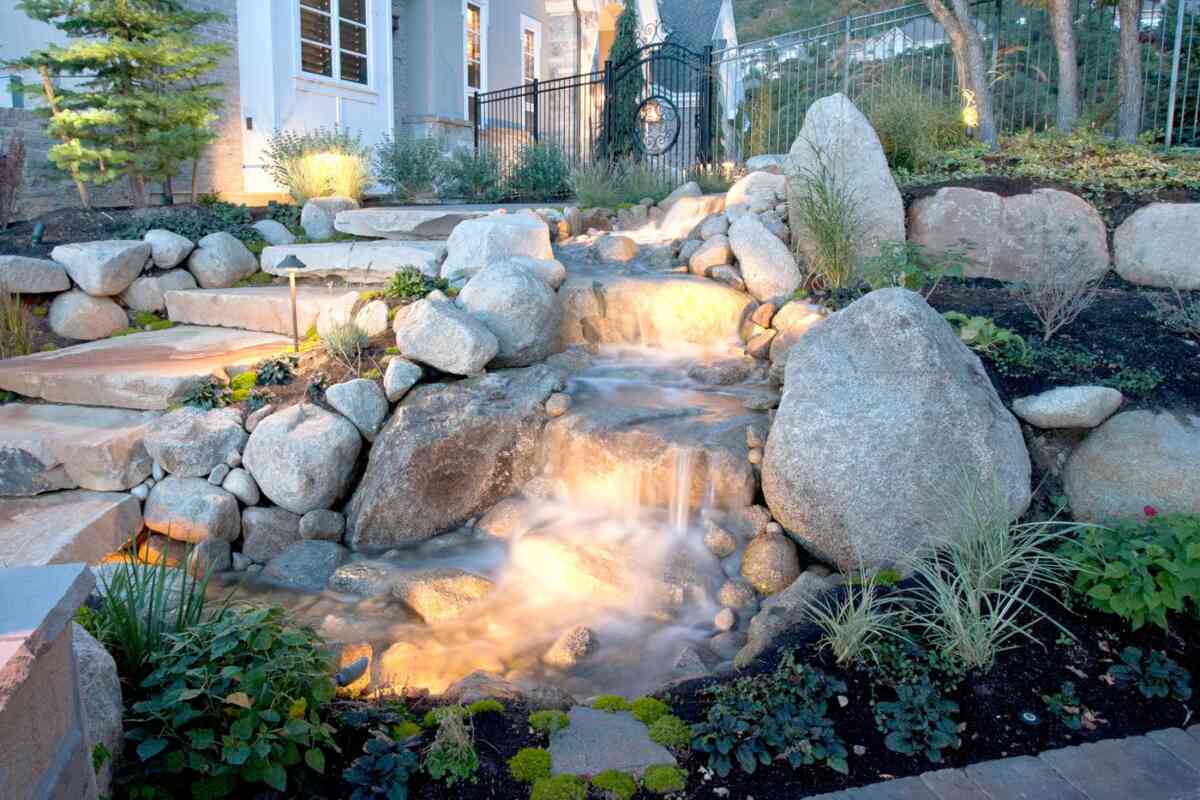How to Use Old Mulch to Add Organic Matter to Your Garden
How can you make use of old Mulch to create organic matter for your garden
Reusing old mulch is a fantastic method of increasing your soil's organic content. You can add it to the soil to act as organic matter layer, provided it's not rotten or damaged. If the soil isn't decomposing too much, you can plant something similar to a tree on top. You can then wait for the new layer of growth to bloom.
Removing unhealthy mulch
Old mulch, despite its usefulness it will soon become useless. It is recommended to remove it from your yard at least every year, but preferably in winter. The waste can be disposed of in a trash can, in a far distance from areas where people live. Mulching is easy once know the differences between the two. It is essential to understand the proper way to get rid of old, diseased mulch. There are more details on the topic in related posts on this website.
Remove any old, unhealthy mulch from your lawn. This will help prevent further destruction. Be sure to adhere to the regulations in place concerning the disposal or treatment of mulch that is contaminated. Certain mulches are biodegradable. Biodegradable mulches have the ability to release beneficial nutrients into the soil. If not you can eliminate diseased old mulch by tilling it in the soil. If the old, diseased mulch is not biodegradable, it must be removed from the area.
Examining the condition and age of the mulch
In the case of composting mulch is a fantastic choice to use in your garden. It is important to examine the condition of your existing mulch before reusing it. It should be biodegradable. That means it should not have been infested by bugs or disease. Inorganic and plastic mulches can't be reused However, old mulch can be reused when it is not substantially broken down.
It is important to check the state of your old mulch before reusing it. It is possible to cover areas with fungus by using new mulch. If the old mulch is rotting and you're not sure, it's best to look up local rules and regulations on how to dispose of it. To do this, simply scoop a handful of mulch from the area in which the mulch is located. After that, you should inspect it from a distance. Does it appear to be decayed, moldy, or anything else? Can you tell the mulch from soil?
Mixing old mulch with soil to increase the organic matter in soil
Mixing old mulch with soil can bring many benefits for your garden. This can create a rich soil environment for your plants, as well as providing beneficial bacteria and fungi. Mulch is broken down slowly, eventually transforming into compost, providing valuable nutrients to soil organisms. Mulch also helps with drainage and air circulation. If you are interested in adding organic matter to your garden, here are some helpful tips.
For you to start the addition of organic matter to your garden, you'll need to first mix old mulch with your soil. It's usually comprised of twigs and branches. It's not essential to remove all the old mulch, but the new mulch should be a thin layer that is not covering the soil completely. Mix in three to four inches of mulch for each square foot of soil.
The garden bed is being prepared to plant
You may be thinking about using old mulch for preparing your garden bed for planting vegetables and flowers. You can use it to rake into a tarp or wheelbarrow, and mix it in with the soil. To make the bed ready for planting, you can also mix in compost and then work it into the soil. This can help you create the perfect planting spot for your plant and flower seeds.
It is best to prepare an area for gardening early in spring to make sure that the soil has the proper nutrients and is not suffocated. This is the best way for gardeners who don't require tilling. But spring is the perfect time to incorporate organic matter to your garden bed. You should keep your composting and old mulch in case you notice weeds sprout.
Reusing old mulch can help prevent the spread of weeds
The best time to put in new mulch for your garden is right after the season's end so you'll have plenty of time to trim the shrubs and deadhead flowering perennials. To eliminate dead weeds from your soil and to make it more loose, you'll be required to rake it prior to adding the fresh mulch. Then, cultivate the soil to make it slightly more flexible and even. Finally, remove the old mulch using the hoe.
Check your neighborhood for dying or dead plants and trees to collect mulch for free. You can also pick up compost, leaves, wood chips, sawdust straw, straw, as well as grass clippings from neighbors. Also, if you happen to live in a rural area Try offering to buy wet bales of hay from farmers. Also, you can collect leaves from trees into bags made of plastic. For a small fee the tree care business will chip the result of their labor.
https://www.thedetailguysmd.com/how-to-maintain-rock-landscaping/
https://www.thedetailguysmd.com/landscape-layering-how-to-layer-plants-in-landscaping/
https://www.thedetailguysmd.com/how-to-mulch-leaves/
https://www.thedetailguysmd.com/how-to-get-rid-of-landscaping-rocks/
https://www.thedetailguysmd.com/how-to-prevent-weeds-in-rock-landscaping/

